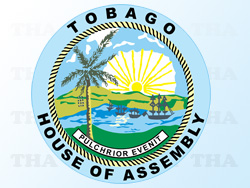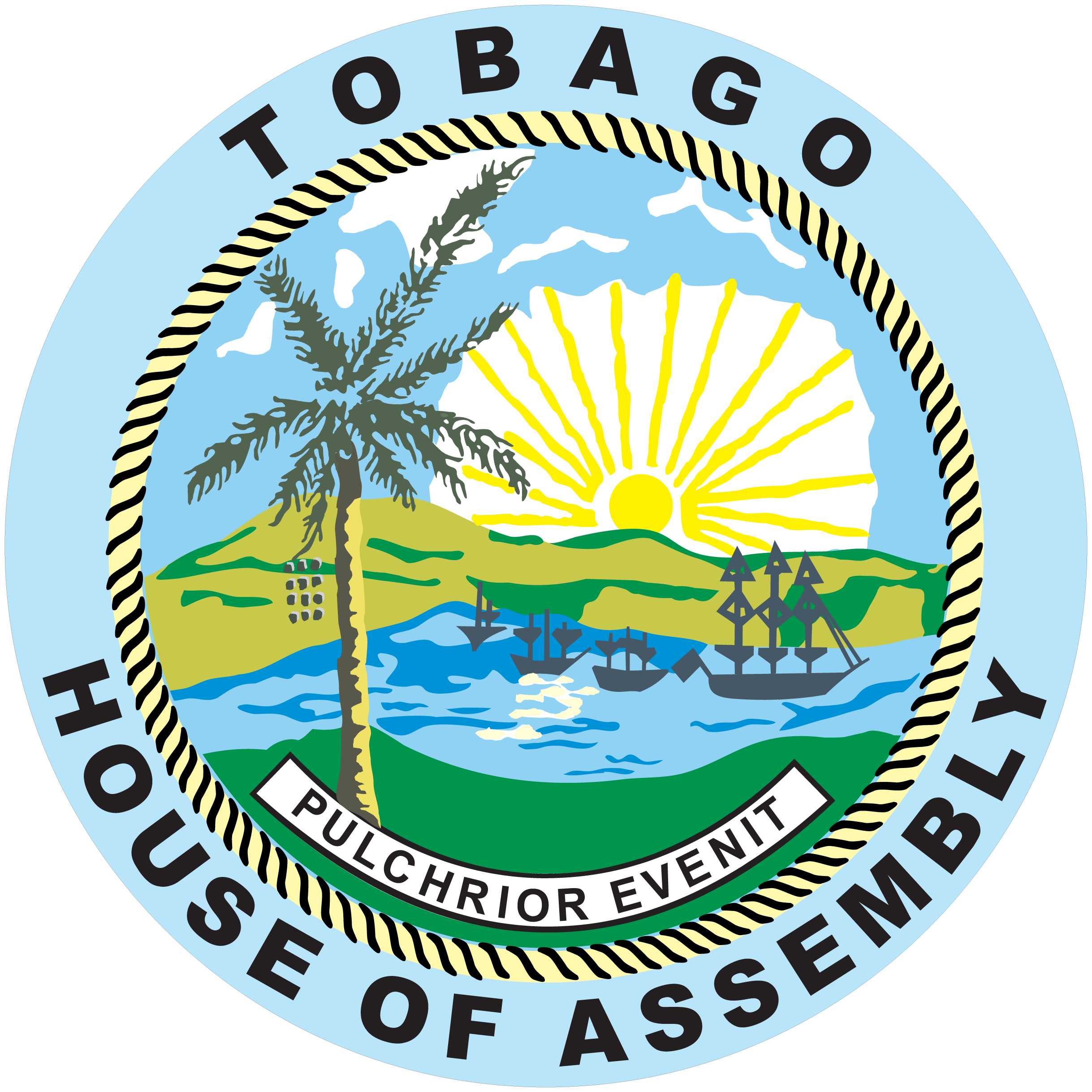 Draft legislation to amend the Tobago House of Assembly (THA) Act has proposed a fixed date for the holding of elections to the Assembly – the first Monday after the fourth anniversary of the date of the previous primary election.
Draft legislation to amend the Tobago House of Assembly (THA) Act has proposed a fixed date for the holding of elections to the Assembly – the first Monday after the fourth anniversary of the date of the previous primary election.
It also proposes that the titles of Chief Secretary and Deputy Chief Secretary be changed to Premier and Deputy Premier.
The draft Bill and draft legislation to amend the Trinidad and Tobago Constitution as it relates to Tobago were done by Tobago born Senior Counsel Russell Martineau. These were presented to political parties and the media on Tuesday (25th January 2011) by the Working Committee headed by Dr John Prince. The committee was appointed by the House of Assembly in October 2007.
The draft Bill calls for changes to 22 sections of the THA Act No. 40 of 1996 and adds 17 new sections. The draft Bill on the constitution contains amendments to two sections and adds a new section specifying that the Premier, Deputy Premier or any Secretary shall not be responsible for 11 areas in the governance of Tobago. These are the President, National Security, Foreign Affairs, Civil Aviation, Meteorology, Legal Affairs including registration of legal documents, Judiciary, Auditor General, Ombudsman and Service Commissions. These areas are contained in the Sixth Schedule of the current THA Act.
The draft THA Bill says that the term of office of the Assembly shall be from the date of the first meeting after a primary election to the date of the next primary election.The draft also proposes that the term of office of the Presiding Officer ends at the conclusion of the inaugural meeting after the next primary election while the term of office of a member expires on the date of the next primary election.
In addition the draft increases the number of Councillors from four to six with the Presiding Officer appointing four on the advice of the Premier and three on the advice of the Minority Leader. While the Salary Review Commission will be responsible for fixing the salary and allowances of the Premier, the responsibility of the Commission to fix the salary and allowances of the Presiding Officer, Deputy Presiding Officer, Secretaries, Assistant Secretaries, Minority Leader, other Assemblymen and Councillors have been removed and placed with the House of Assembly.
It proposes the repeal of the Fifth Schedule which provides for the 33 areas of responsibility of the Assembly and the Sixth Schedule with 11 areas for which the Assembly shall not be responsible. It proposes that the Seventh Schedule containing 18 services to be performed or delivered in Tobago be made the new Fifth Schedule. However, the current Sixth Schedule now forms part of proposed amendments to the Constitution.
The draft Bill stipulates that the Assembly’s draft estimates of revenue and expenditure shall be in an amount not less than 5.2 per cent of the national budget, including any supplementary allocations for the year immediately preceding. In considering the estimates, Cabinet shall take note, especially where it is in excess of 5.2 percent of the national budget, the peculiar situation of Tobago such as population size, its historical under-development, its limited capacity in certain areas, the competitiveness of the economics of the two islands and the comparative vulnerability and volatility of Tobago. The Bill also seeks to give powers to the Assembly to borrow both on the local and on international markets.
The draft further states that no exploration or exploitation of mineral resources in Tobago or in Tobago waters shall be undertaken without prior negotiation with and resulting in a conclusion satisfactory to the Assembly.
Also included in the draft are new sections dealing with the Dispute Resolution Commission (DRC). It proposes that the DRC comprise one person, a Commissioner, who shall have judicial experience and who shall be appointed by the President in consultation with the Prime Minister and the Premier. However, the President shall appoint a Dispute Resolution Panel of no more than five or no less than three persons, including the Commissioner as Chairman, who are qualified in law, finance, economics, government, or accountancy to determine disputes from the Government or the Assembly.
